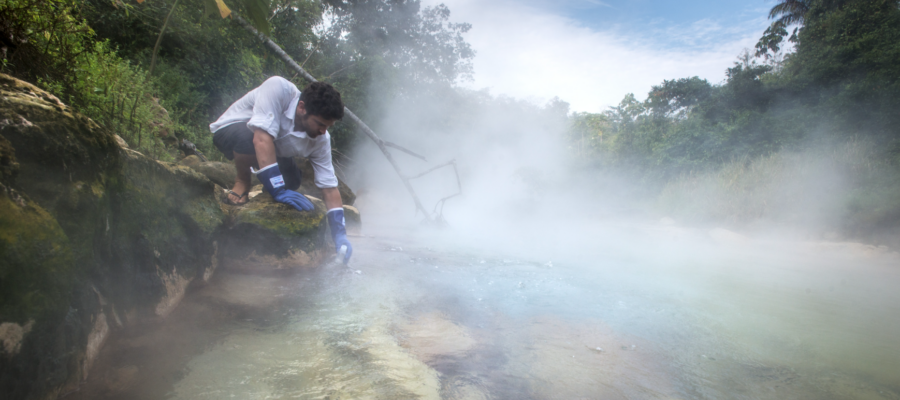One of the most challenging parts of being a teenager is the process of discovering who you are. When they are teens, our English language learners first engage with the world around them with purpose, lay claim to it as their own, and decide what kind of person they want to












